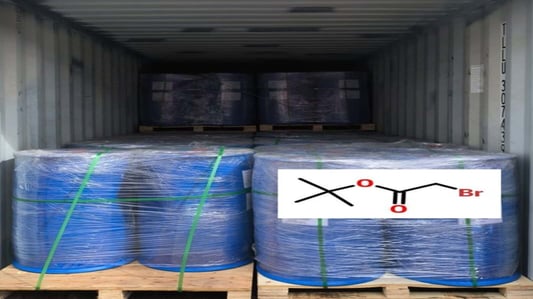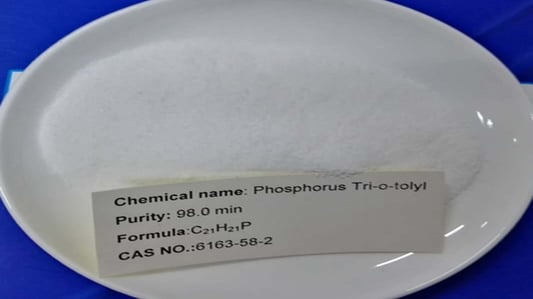Pharmaceutical Intermediate vs. API: An IntroductionWhen it comes to the pharmaceutical industry, there are key terms that are often used interchangeably but have distinct meanings. Pharmaceutical intermediates and Active Pharmaceutical Ingredients (APIs) are two such terms that play crucial roles in the drug development process.The Role of Pharmaceutical IntermediatesPharmaceutical intermediates are chemical compounds that are used in the synthesis of APIs. These intermediates are transformed into APIs through various chemical reactions and processes. They are essential building blocks in the production of drugs and play a significant role in determining the final properties of the medication.The Function of Active Pharmaceutical IngredientsAPIs are the key ingredients in a drug that are responsible for its therapeutic effects. These compounds are pharmacologically active and work to treat a specific medical condition. It is important for APIs to be of high quality and purity to ensure the safety and efficacy of the medication.Regulatory Considerations for APIsAPIs are subject to strict regulations and guidelines set by health authorities, such as the FDA and EMA. These regulations cover various aspects of API production, including quality control, purity, and manufacturing practices. Compliance with these regulations is essential to ensure the safety and effectiveness of the final drug product.Quality Requirements for Pharmaceutical IntermediatesWhile APIs must meet stringent quality standards, pharmaceutical intermediates also play a critical role in ensuring the overall quality of the drug. The purity and quality of intermediates can significantly impact the final product, making it crucial for manufacturers to closely monitor and control the quality of these compounds.Development and Synthesis of APIThe development and synthesis of APIs involve a series of complex chemical reactions that transform pharmaceutical intermediates into the final active ingredient. This process requires expertise in organic chemistry and pharmaceutical manufacturing to ensure the desired properties and efficacy of the API.Cost Considerations for APIs and IntermediatesThe cost of APIs and pharmaceutical intermediates can vary significantly depending on factors such as complexity, purity, and production scale. Manufacturers must carefully consider these cost factors when sourcing these essential components for drug development.Importance of Supply Chain ManagementEffective supply chain management is crucial in the pharmaceutical industry to ensure a steady and reliable supply of APIs and intermediates. Manufacturers must establish strong relationships with suppliers and implement robust quality control measures to maintain the integrity of the drug supply chain.Future Trends in API and Intermediate DevelopmentAdvancements in technology and processes are driving innovation in the development of APIs and intermediates. New manufacturing techniques, such as continuous flow synthesis and green chemistry, are helping to improve efficiency and sustainability in drug production.ConclusionIn conclusion, understanding the key differences between pharmaceutical intermediates and APIs is essential for stakeholders in the pharmaceutical industry. Both components play critical roles in the drug development process, and their quality and integrity are paramount to ensuring the safety and efficacy of medications for patients.Quote InquiryContact us










